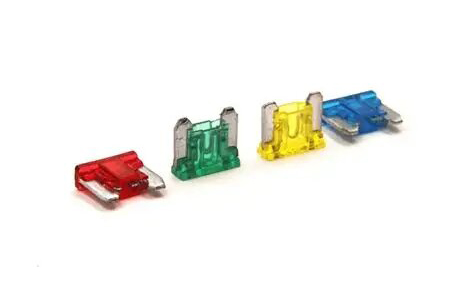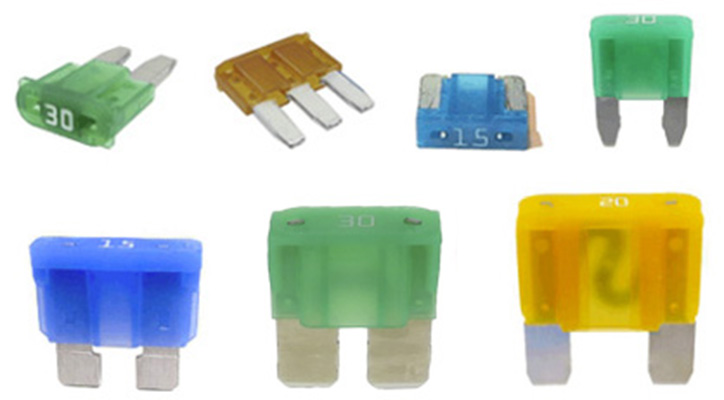Fuses in Automotive Braking Systems for Sensor and Actuator Power Protection
News 2025-10-24
Automotive braking systems depend on precise electronic control to ensure safety and performance. Sensors monitor wheel speed, brake pressure, and stability, while actuators deliver the force needed to stop the vehicle. Power disruptions can cause system failures, potentially leading to accidents. Fuses are essential components that safeguard these elements by detecting and interrupting overcurrent conditions, thereby protecting sensitive electronics and maintaining operational reliability in demanding automotive environments.

Applications in Braking Systems
In anti-lock braking systems (ABS), fuses shield wheel speed sensors and control units from electrical surges. They also play a key role in electronic stability control (ESC) by securing power to yaw rate sensors and hydraulic actuators. These fuses must handle high current loads and rapid response times, ensuring functionality in scenarios like emergency braking or slippery road conditions, where consistent power is critical for preventing skids and maintaining vehicle control.
Performance Advantages
Automotive fuses provide robust protection with features like high interrupt ratings and resistance to thermal and mechanical stress. They offer accurate current limiting to avoid unnecessary disconnections while quickly isolating faults, enhancing system longevity. Designed for compact integration, these fuses support efficient packaging in modern vehicles, contributing to weight reduction and improved fuel efficiency without compromising safety or reliability in high-stakes braking operations.
1. What role do fuses play in automotive braking systems?
Fuses protect sensors and actuators by breaking circuits during overcurrent events, preventing damage and ensuring system functionality.
2. Why are specific fuses used for sensors and actuators?
These fuses are engineered to withstand automotive conditions like vibration and heat, providing precise protection tailored to the low-voltage, high-reliability needs of braking components.
3. How do fuses enhance braking system performance?
By minimizing downtime from electrical faults, fuses help maintain consistent operation, supporting advanced features like adaptive braking and improving overall vehicle safety.


